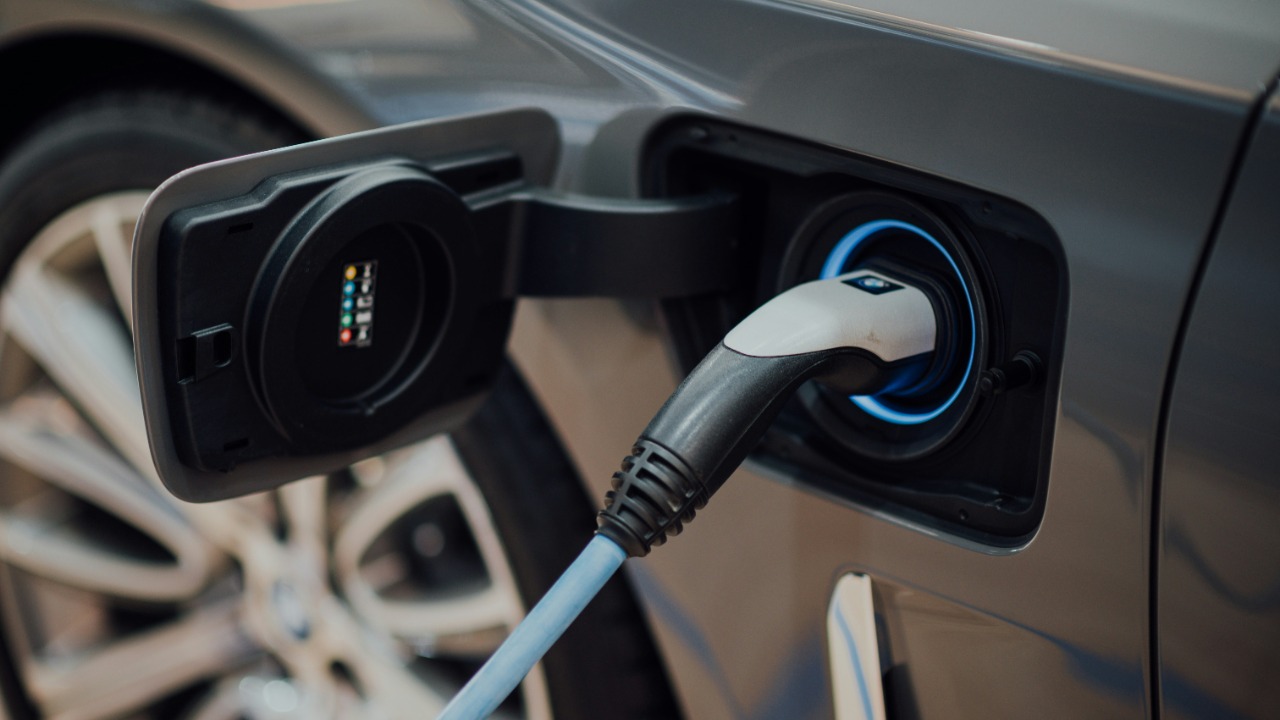
Researchers at Pohang University of Science and Technology (POSTECH) and LG Energy Solution in South Korea have developed an anode-free lithium-metal battery that could revolutionize the electric vehicle (EV) industry. This groundbreaking technology could enable EVs to travel up to 500 miles on a mere 12-minute charge, with an energy density exceeding 900 Wh/kg. The research, led by Professor Yoon Seok Jung, addresses key limitations in current lithium-ion batteries, offering a promising solution to reduce charging times dramatically while maintaining over 80% capacity retention after 200 cycles.[1][2][3]
The Breakthrough Anode-Free Design
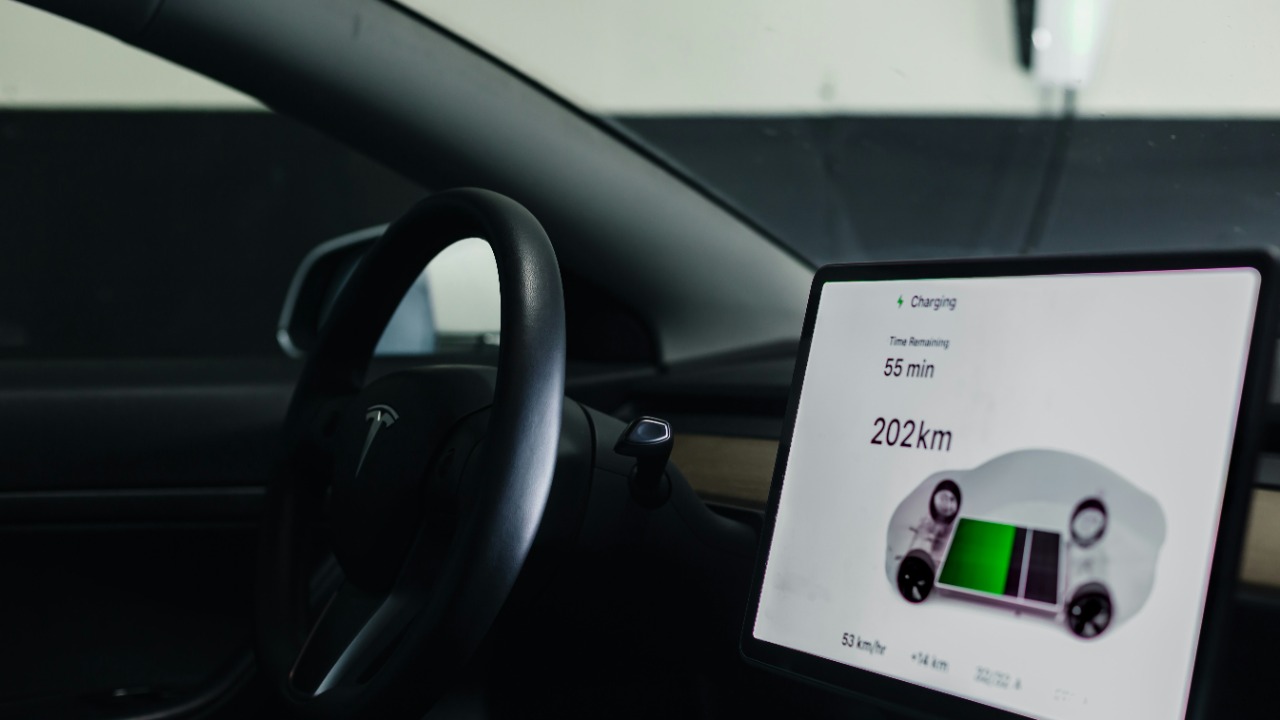
The new battery design employs an anode-free lithium-metal architecture. This innovative approach involves plating lithium directly onto the current collector during charging, eliminating traditional anode materials. This process significantly boosts the energy density to over 900 Wh/kg.[1]
Furthermore, the battery uses a sulfide-based solid electrolyte to suppress dendrite growth, a common issue in lithium batteries that can lead to short circuits and fires. This solid electrolyte ensures stable lithium plating and stripping, improving the safety and longevity of the battery.[2] Remarkably, this design allows the battery to achieve a full charge in just 12 minutes at room temperature, providing enough energy for an impressive 500 miles of driving range in electric vehicles.[3]
Key Researchers and Development Team
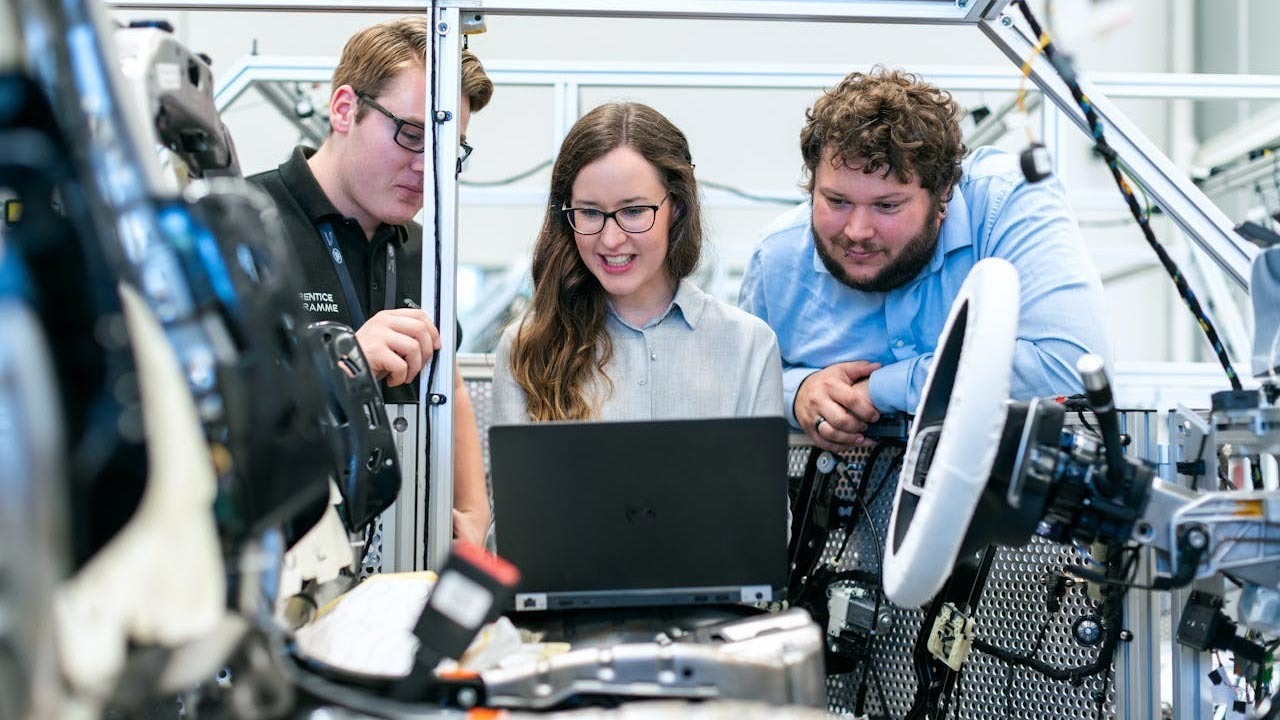
The research team was led by Professor Yoon Seok Jung from POSTECH, who focused on overcoming the dendrite issues in lithium-metal batteries.[1] The team collaborated with LG Energy Solution, leveraging their industrial expertise to integrate the technology for potential commercial EV applications.[2]
The study, which validated the battery’s performance through lab prototypes, was published in the prestigious journal Nature Energy in 2024.[3] This publication further underscores the significance of the breakthrough and its potential impact on the EV industry.
Performance Metrics and Testing
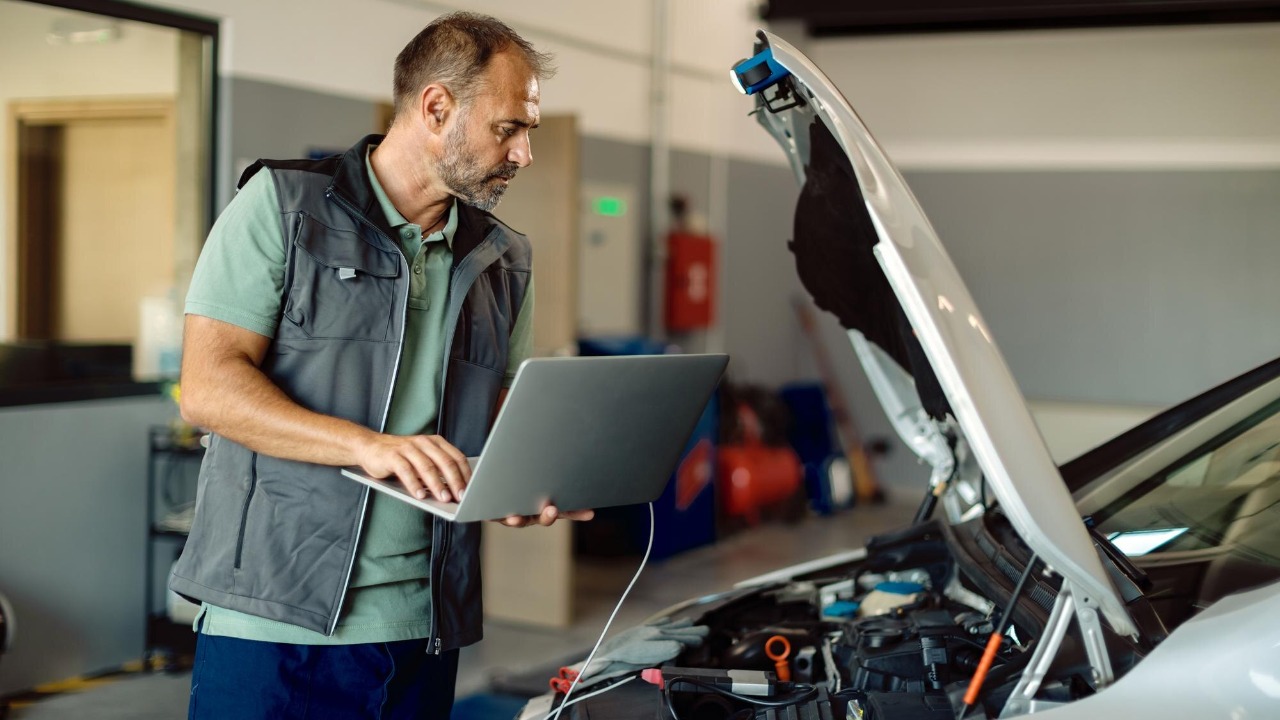
Lab tests have shown promising results for the new battery. It retains over 80% of its capacity after 200 charge-discharge cycles, demonstrating its reliability for real-world use.[1] Furthermore, the energy density reaches 1,160 Wh/L at the cell level, surpassing current lithium-ion batteries and enabling the targeted 500-mile range.[2]
The battery also supports a charging rate of 3C, allowing for the 12-minute full charge without excessive heat buildup, a common issue in fast-charging batteries.[3] These performance metrics highlight the potential of this battery technology to transform the EV landscape.
Advantages for Electric Vehicles
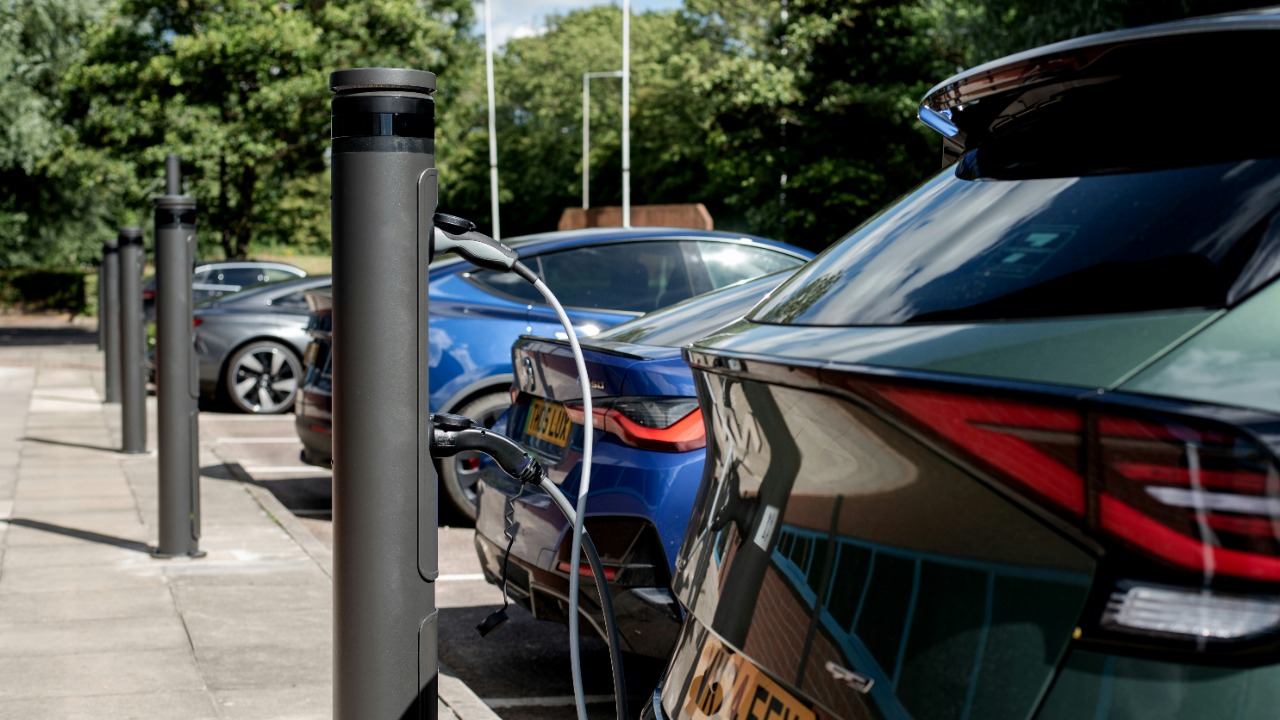
The 500-mile range on a single charge addresses one of the main concerns for EV users: range anxiety. This extended range, comparable to many gas-powered cars, could make long-distance travel in EVs more feasible.[1] Additionally, the reduced charging time to just 12 minutes could revolutionize EV infrastructure needs, making fast-charging stations more viable for daily commutes.[2]
Moreover, the higher energy density of the new battery could lower the overall battery weight, improving vehicle efficiency. This could potentially extend the range beyond 500 miles in optimized EVs, further enhancing their appeal to consumers.[3]
Challenges in Scaling Production
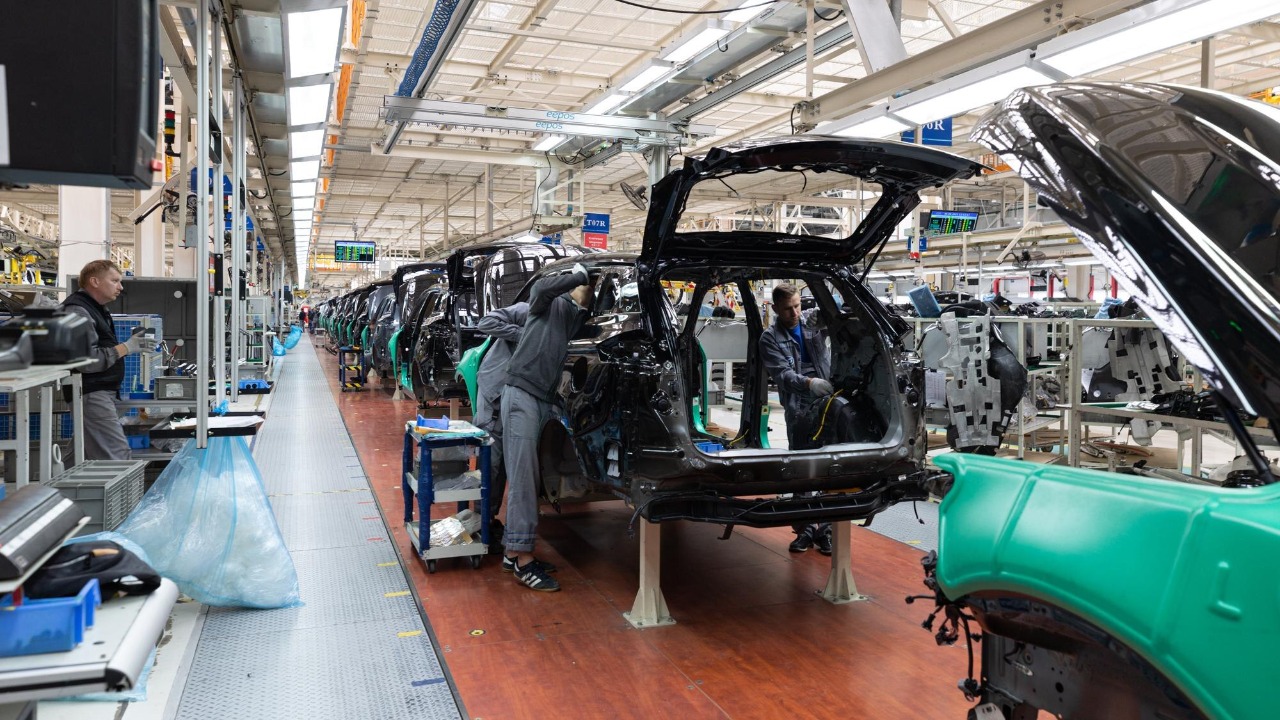
Despite the promising results, there are challenges in scaling the production of these anode-free batteries. Manufacturing these batteries requires precise control over lithium plating to avoid irregularities, which could complicate mass production at LG Energy Solution facilities.[1] Additionally, while effective, solid electrolytes face issues with interfacial stability during high-rate charging, necessitating further refinement for commercial viability.[2]
The estimated timeline for market availability is 5–10 years, pending cost reductions and safety certifications in South Korea.[3] These challenges underscore the need for continued research and development in this field.
Implications for the EV Industry

The adoption of this technology could accelerate global EV sales by making long-range models more accessible. This aligns with South Korea’s push for battery innovation and could position the country as a leader in the EV industry.[1] Competitors like Tesla and BYD may need to invest in similar lithium-metal research to keep pace with the 900 Wh/kg density benchmark set by this breakthrough.[2]
Moreover, the environmental benefits of this technology are significant. The anode-free design reduces reliance on rare earth materials, supporting sustainable EV growth worldwide. This aligns with global efforts to reduce carbon emissions and combat climate change.[3]